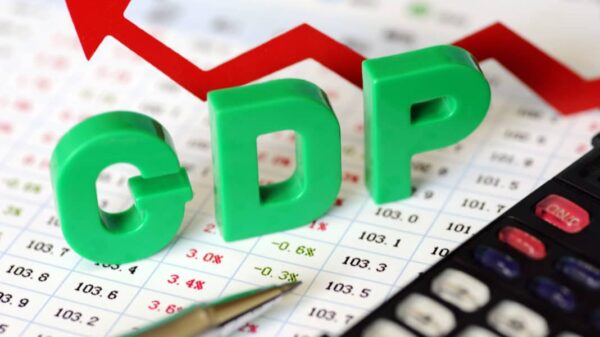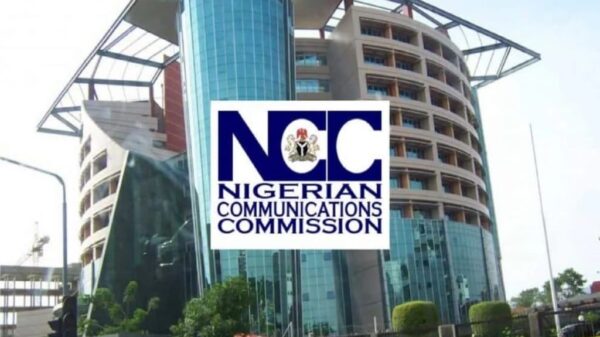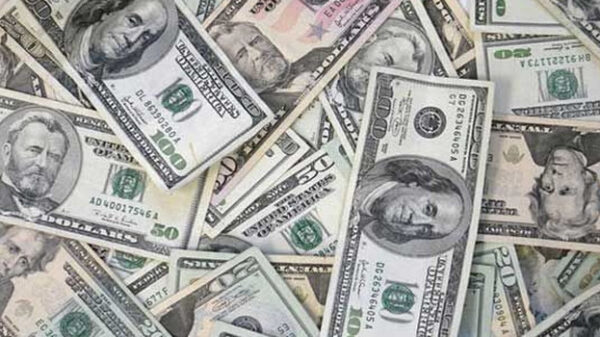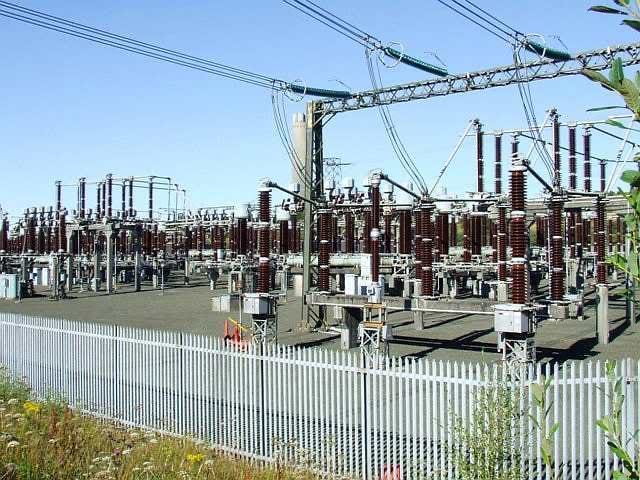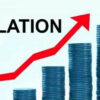When the National Electricity Regulatory Commission (NERC) announced what has been described as a hike in electricity tariff, there was bedlam in the land even before many Nigerians understood what was happening.
But a close look at the press statement issued by the regulators indeed showed that subsidy on electricity tariff is still largely intact. What NERC did in response to demands by electricity distribution companies (disCos) for a cost-reflective price regime amounts to a partial removal of subsidy.
It only affects 15% of electricity users or about 1.5m consumers who, on paper, enjoy 20+ hours of electricity supply daily and have property or live within Band A of the power distribution scheme.
The Implication of this is that the vast majority of 200m Nigerians from Nyanya to Awka, and from Zungeru to Odi are not affected by what has been misrepresented in the public domain.
In the midst of the brouhaha over electricity tariff, feelers soon emerged that it was President Bola Tinubu, in apparent acknowledgement of the current high cost of living, who insisted that majority of Nigerians should be spared the agony of paying more for electricity. it is, to all intents and purposes, a deliberate pro-poor initiative to increase liquidity im the sector.
This is truly remarkable against the backdrop of the N3.3 trillion annual expenditure on energy subsidy and this is inspite of the need to ease pressure on public finances.
So for the President, it was better to have the top 15 percenters of electricity consumers who consume about half of total power distributed to bear the brunt of a new tariff that will see a reduction in the subsidy regime by about N1.4 trillion while the remaining 85 % continue to enjoy energy subsidy.
This is a no brainer for a man who is on record to have said shortly after assuming office, “Let the poor breathe. Don’t suffocate them’ to affirm his preparedness to shield the less privileged in the society from the harsh effect of reforms.
But what is still shocking for this writer is that individuals and groups who have had a lot to say on the situation have failed to see that average Nigerians are indeed being shielded. And even after NERC did the needful by putting out explainers and having its officials go on TV networks to make clarifications, many still persist in putting out outright misleading information.
For instance, in chiding the Tinubu administration, the Northern Elders Forum NEF spoke of the effect in general terms.
it said: “These exorbitant amounts are simply unaffordable for the majority of Nigerians, who are already grappling with economic hardship and trying to make ends meet.
“By implementing such exorbitant electricity tariffs, the government is effectively perpetuating a form of economic oppression that will only serve to widen the gap between the rich and the poor in Nigeria”.
This is clearly alarmist. It is also a barefaced lie. Nigeria’s poor masses including those living in rural and under served areas are not affected by the new tariff.
But this was also at a time that NERC had even explained that more than 500 feeders have been downgraded from Band A to ensure that Nigerians are not shortchanged.
This is exactly how the commission puts it: “Where the Disco fails to meet the committed service level to a Band A feeder for seven consecutive days, the feeder shall be automatically downgraded to the recorded level of supply in accordance with applicable framework”
In addition, NERC mandated each DisCo to set up a rapid response team to ensure effective service delivery on the committed minimum hours of supply to each service Band commencing with Band A feeders effective from 3rd April 2024.
These are not things this writer concocted from his imagination. They are in the public domain yet influencers are just unyielding and are not prepared to back down from their skewed position.
And to prove that it is more than ready to live by President Tinubu’s admonition,the commission had within 24 hours of introducing the new tariff for premium power consumers imposed a N200m fine on the Abuja Electricity Distribution Company AEDC for applying the new price to consumers outside the Band A category.
It also mandated AEDC to reimburse all customers in Bands B, C, D and E that were billed above the allowed customer categories/tariff bands provided in the order.
From all indications, there is no way the new tariff could be described as something that could widen the gap between the rich and the poor. it is also not a general tariff increase or something that will affect ‘majority of Nigerians.’
This is because President Tinubu, inspite of his pro- free market approach to governance understands clearly, and has said on several occasions, the need to shield the masses and give them a new lease of life.
Which is also why the administration is introducing students loan and a consumer credit system, both of which are set to kick off in a matter of weeks now that those to manage the new schemes have been named.
So back to issues surrounding electricity tariff in the country, there is really no cause for alarm. It is not targeted at all electricity consumers and certainly it is not going to negatively affect majority of Nigerians.
Dapo Okubanjo is a journalist and a member of the Independent Media and Policy Initiative (IMPI)





